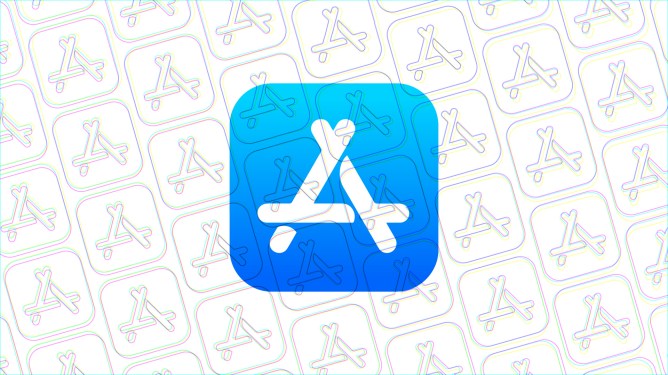Apple is expanding its age rating system for apps. The company announced an update to its age rating system, introducing 13+, 16+, and 18+ ratings while removing the previous 12+ and 17+ categories. The existing 4+ and 9+ ratings will remain in place.
App developers will now need to answer a new set of age rating questions to help identify sensitive content in their apps. They will also have the option to update their apps’ age ratings to one of the new categories if necessary. Apple has already automatically updated all apps and games in the App Store to align with the new system.
The updated age rating system is available in the beta versions of iOS 26, iPadOS 26, macOS Tahoe 26, tvOS 26, visionOS 26, and watchOS 26. Public betas launched recently, with the general release scheduled for September.
As part of the changes, developers must disclose details about in-app controls, app capabilities, medical and wellness content, and whether their app contains violent themes. Apple will then calculate the appropriate age rating, which developers can review and adjust in App Store Connect.
The new ratings aim to provide parents with clearer guidance on app suitability for their children. The App Store will also restrict children from downloading apps that exceed their age range. Additionally, apps deemed inappropriate for younger users will not appear in sections like editorial stories, Today, Games, and Apps tabs when accessed by a child’s device.
These updates are part of Apple’s broader child safety initiatives announced earlier this year. Parents will find it easier to set up child accounts and share their children’s age information with app developers to ensure age-appropriate content. Some of these child account features were first introduced in the public beta of iOS 18.4 earlier this year.
App Store listings will now include more details to help guardians decide whether an app is suitable for their child. Information about user-generated content, ads, and built-in parental controls will be highlighted.
Raising an app’s age rating could reduce its visibility, potentially encouraging developers to implement parental controls or adjust content for younger audiences.
The changes come amid increasing legislative debates at state and federal levels about online child protection. New laws in some U.S. states would require app stores to verify users’ ages and obtain parental consent for downloads. While Apple and Google prefer that app developers handle age verification, companies like Meta have pushed for app stores to manage the process.
Apple’s solution involves a developer API that provides age range information without exposing a child’s personal details. Parents will input their child’s birth date during device setup, ensuring more accurate data than self-reported ages. However, developers must choose to integrate the API for it to be effective.

